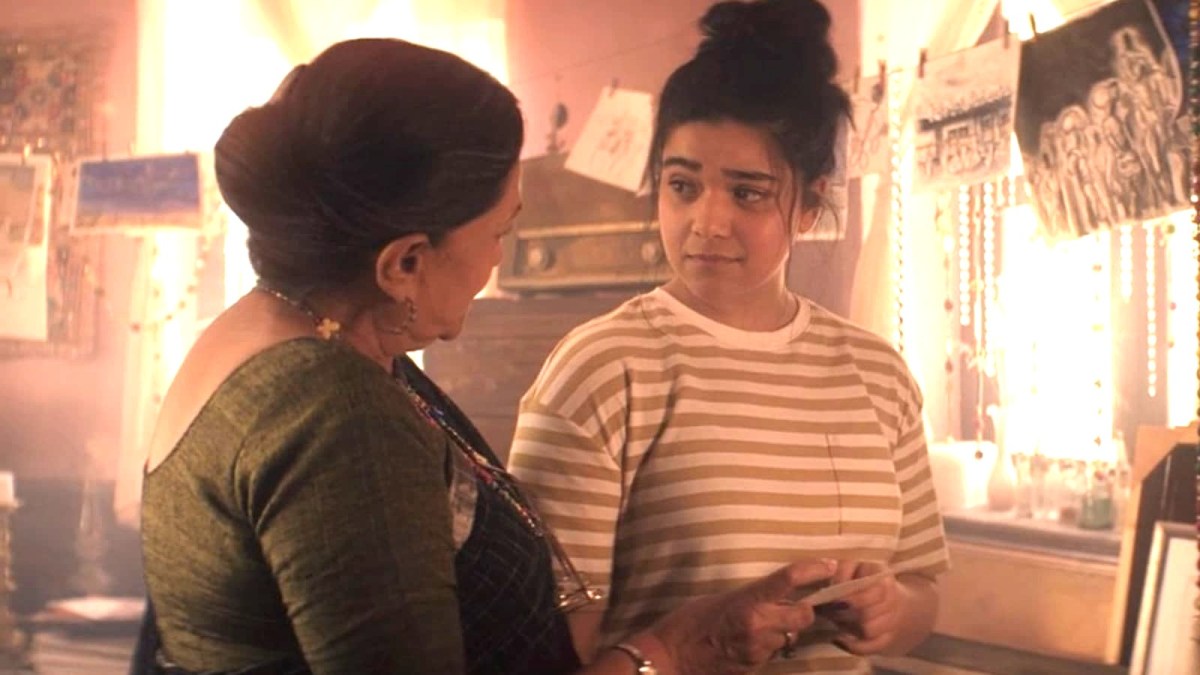The following article contains spoilers for the fourth episode of Ms. Marvel.
Ms. Marvel, the newest Disney Plus series set in the Marvel Cinematic Universe, has been applauded for its representation, and rightfully so, as Kamala Khan is a Pakistani-American Muslim teenager, and the series is a great look into her life as she gets superpowers. Kamala, her family, and her friends are truly gems of the series, with the third episode of the show containing a traditional and quite fun wedding for her brother.
Fortunately, Ms. Marvel does not just stick to the heartwarming with regard to the representation of life for a Pakistani family. One particular event in the Khan family history has been mentioned in the show thus far, with the end of episode four, transporting Kamala back in time to the event in question, The Partition of India. But what is the history of this event, and why is it in Ms. Marvel?
What is the Partition of India, featured in Ms. Marvel?
First of all, The Partition of India was not made up for Ms. Marvel and it is a real event that occurred in 1947. The Partition occurred after the British left British India and declared the region independent. The remaining people were divided into two groups, India and Pakistan, and where they went was based primarily on their religion. The Indian population of British India was comprised of mostly Sikh and Hindu people while the Pakistan population was made up of mostly Muslims.
The two groups moved in opposite directions, millions of people moving each way to be with their people. Unfortunately, many people on both sides did not make it to their destination, with a reported one to two million people dying between 1947 and 1948. Even though the Partition was partially successful with the two nations becoming rightfully independent from the British, the Partition has been compared to the Holocaust and remains one of the worst events in South Asian history. Murder, massacres, arson, and rape all occurred during the Partition, and at least fifteen million people were forced to leave their homes.
You can see why the event is treated with such importance in Ms. Marvel as the chaos and devastation caused by the Partition left scars on everybody involved, even the generations of both the Pakistani people and the Indian people that came afterward.
The Partition is now weaved closely into the plot of Ms. Marvel, with Kamala going back in time, but the show thus far has done well in showing her family’s remembrance of the Partition. Hopefully, Ms. Marvel showing the Partition in detail will inspire Marvel fans to research and learn about what happened in 1947, as there is no downside to reading a little history.
Ms. Marvel debuts new episodes every Wednesday on Disney Plus.
